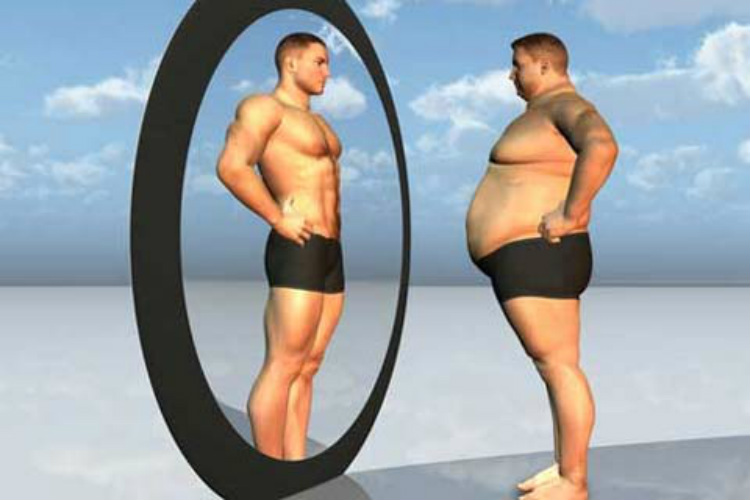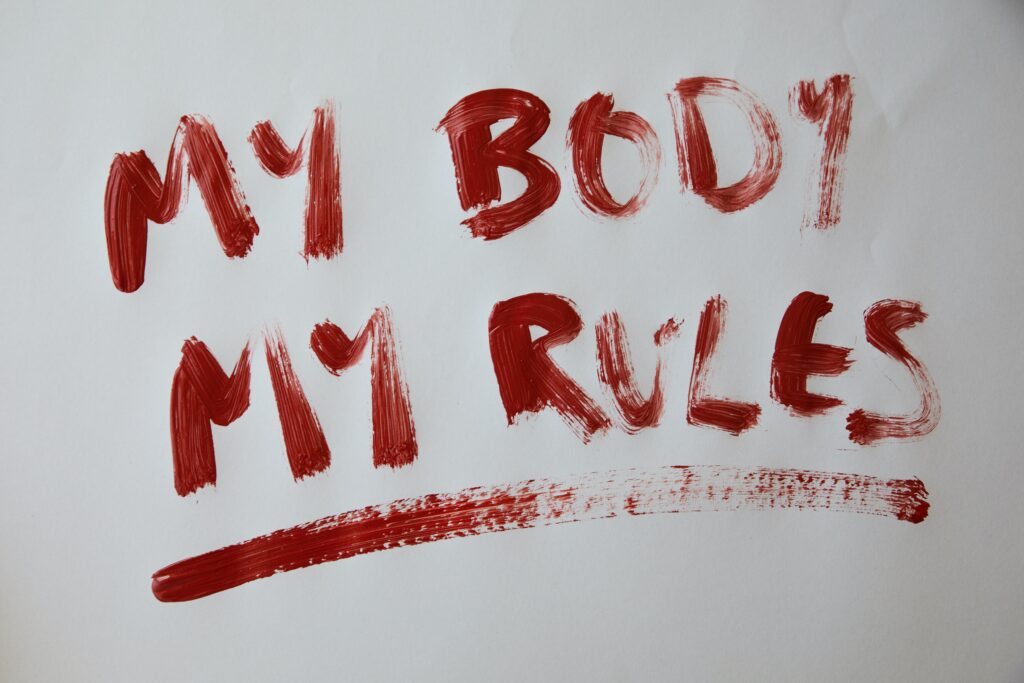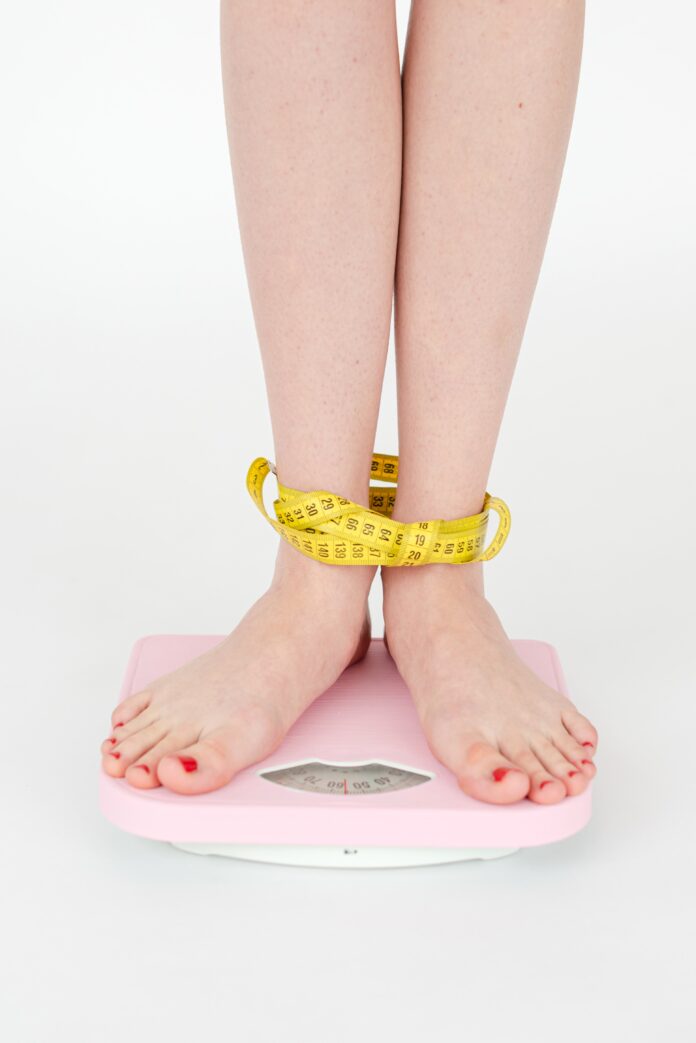( ENSPIRE Health & Wellness ) The Toxic Effects Of Body Shaming And Why It Needs To Be Stopped
ENSPIRE Contributor: Naomi Stamps
Body shaming is an ongoing issue that non-celebrities and celebrities face. In early November, Keisha Knight Pulliam met a barrage of pregnancy inquires after posting new pictures to her social media account. While nothing has been confirmed, this incident reminded me how lively the harmful body-shaming trend is. We need to remember that words matter because we may not fully know someone’s story. Take the late Chadwick Boseman, for example.
When pictures of him appearing thinner were shared throughout the media, body-shaming comments came flying. Many commenters said he looked weird, assumed he was preparing for a movie role, and thought drugs were to blame. Some commenters were worried that he was sick, while the majority hardly criticized him. They didn’t know that Boseman was silently battling colon cancer, which claimed his life.

Besides facing vicious assumptions, victims of body shaming are constantly questioned on their weight loss, weight gain, and other body changes. Whether or not we know someone, we feel entitled to have these types of questions answered. However, we rarely stop to consider how others try to avoid being judged and their desire to only share details with those closest to them. Most of us aren’t open books, and that should be respected.
If we’re not open to sharing our whole lives and struggles, how can we ask others to? Luke 6:31 of the Bible says to treat others the way you want to be treated. We cannot ask others to respect our privacy if we’re unwilling to do the same. Unfortunately, certain comments are overlooked because it’s disguised as a positive statement. Some examples include:

“You’re so thin! We gotta put some meat on those bones.”
“Wow, I see you’re expecting! How far along are you?”
“Ooh, you have pimples all over your face. We gotta take care of that because you have such a nice-looking face.”
While these comments may show genuine concern, they are still considered body shaming. Many are silently struggling with health issues and are trying to find a solution. Comments like these hurt one’s self-esteem and can cause friction in relationships (especially the pregnancy comment. It’s best to wait for a woman to announce if she’s expecting). Before we decide to speak, we must carefully consider how it will be received. We must put ourselves in that person’s shoes and ask if we would want to be asked specific questions. We can decrease the amount of body shaming by carefully considering our words and showing compassion.

Another article you may enjoy: Storm Reid, Newest Brand Ambassador For Dark & Lovely







